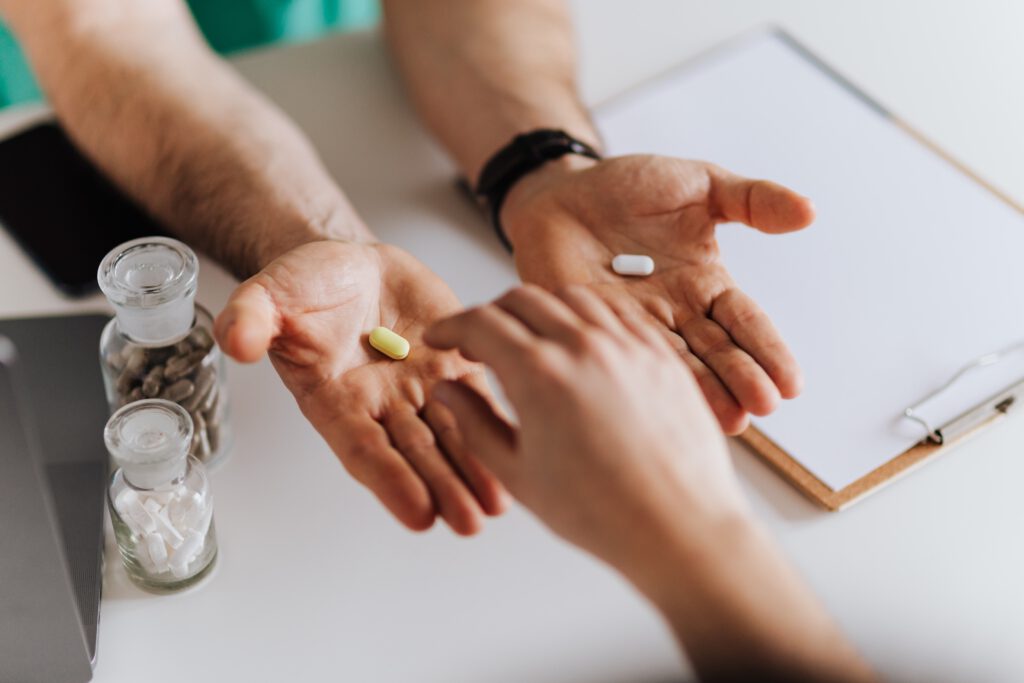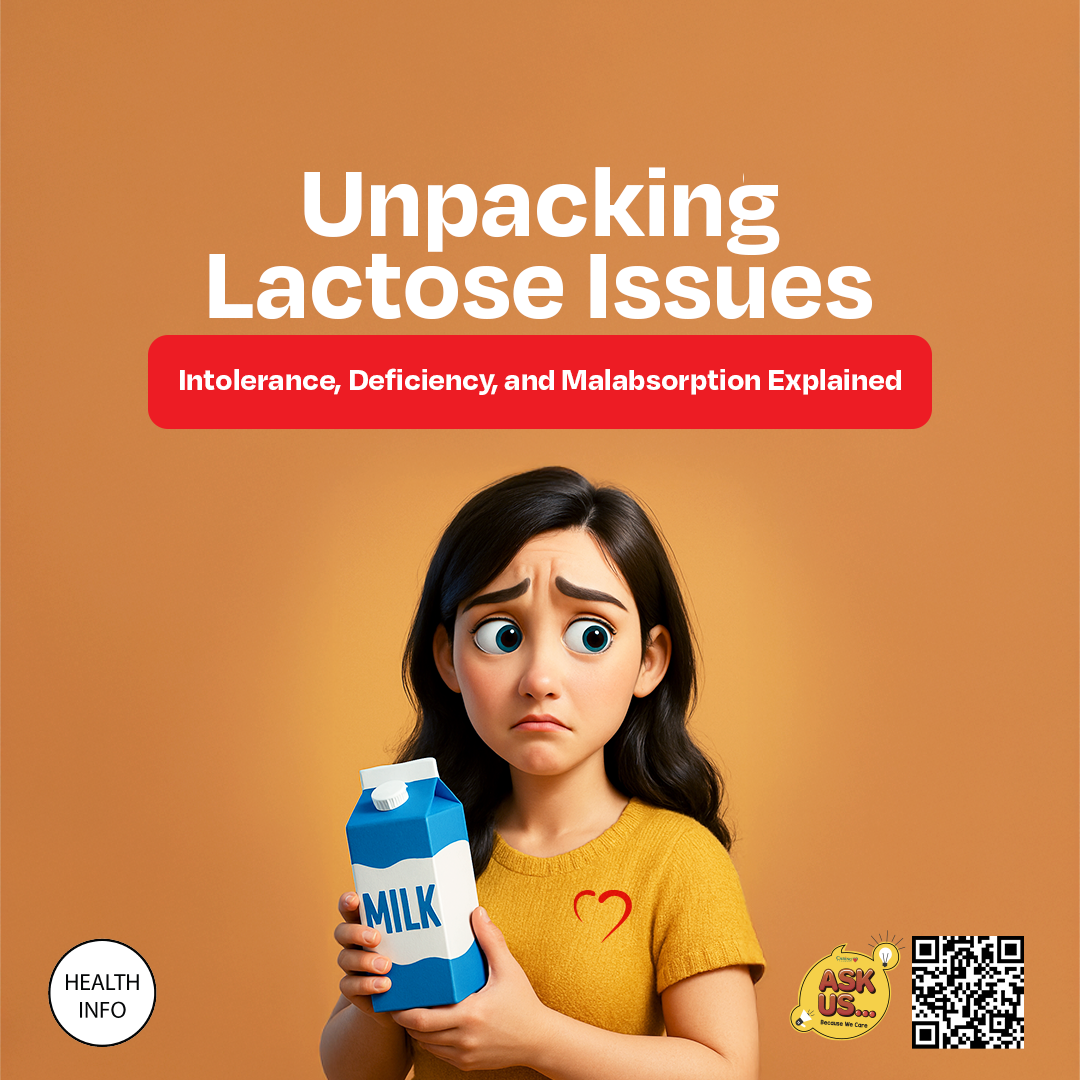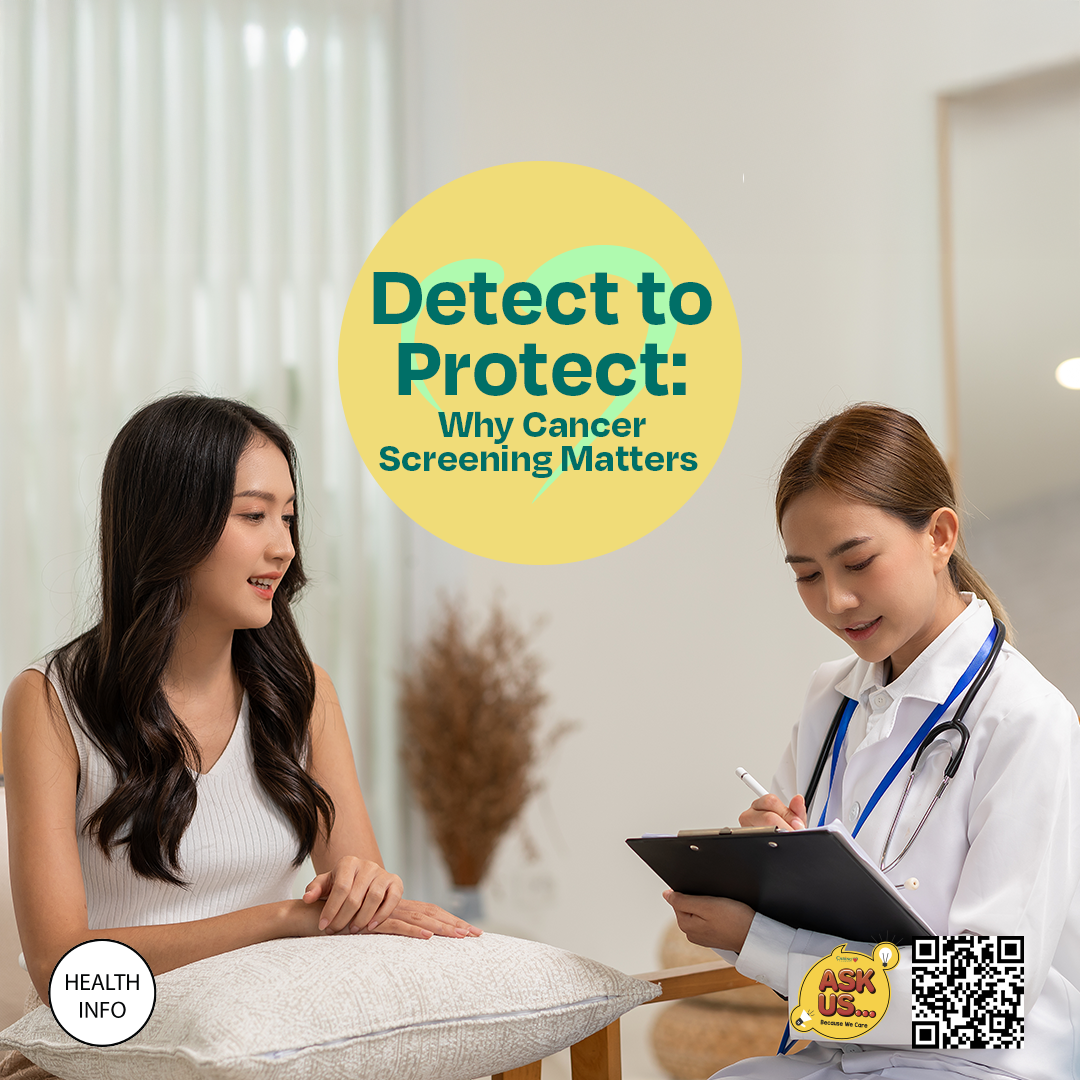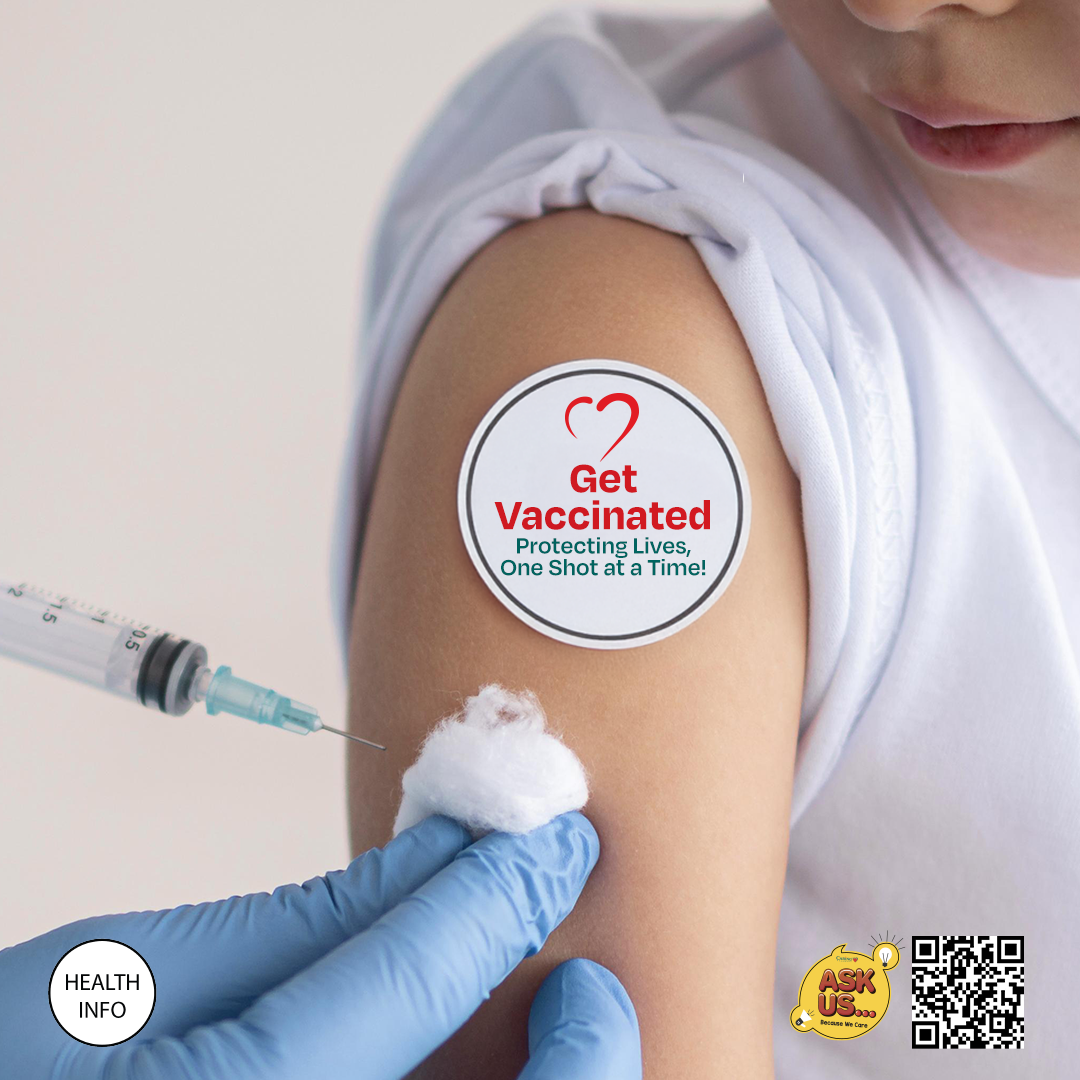- Home
- Health Center
- Health Info
- Botanical and Dietary Supplements for Menopausal Symptoms: What Works, What Doesn’t?
How to Choose
Botanical and Dietary Supplements for Menopausal Symptoms: What Works, What Doesn’t?


All women reach menopause and approximately two-thirds of women develop menopausal symptoms, primarily hot flashes. Hormone replacement therapy (HRT) is the first line of treatment for vasomotor symptoms. However, given the results of the Women’s Health Initiative, many women are reluctant to use exogenous hormones for symptomatic treatment and are turning to dietary supplements for relief.
In this article, we will discuss the efficacy and long term safety of such products.
Black Cohosh
- Black cohosh has been traditionally used primarily by American Indians for a variety of “female complaints” including menstrual problems and childbirth.
- It is one of the most widely studied botanical for menopausal symptoms.
- Studies of its effectiveness in reducing hot flashes have produced mixed results. However, some women report that it has helped them.
- In some studies, black cohosh may be an alternative for the treatment of hot flashes and depression with an overall positive safety profile for up to six months.
- It shall not be used in menopausal women who have liver-related problems. Some possible side effects are headaches and stomach upset.
Soy/Isoflavones
- Contains high concentrations of phytoestrogens (formononetin, biochanin A, daidzein, and genistein).
- To date, data from clinical trials have not provided a clear answer to the role of soy in reducing menopausal symptoms.
- The most promising news for soy may be its positive effect on lipid profiles – reduction in low-density lipid (LDL) and triglycerides and an increase in high-density lipid (HDL) levels.
- Although data on the effects of soy/isoflavones for menopausal symptoms is minimal at best, considering the cardiovascular benefits as well as the potential beneficial effects on bone and possibly cognition, it would seem that soy in the diet of peri and postmenopausal women, notwithstanding a soy allergy, is beneficial.
Evening Primrose Oil
- Evening primrose oil contains a high proportion of essential fatty acid, including linoleic acid (about 65%) and gamma-linolenic acid (GLA, 8-10%).
- GLA is converted into a number of anti-inflammatory prostaglandins in the body, which is why evening primrose oil also is recommended to treat numerous chronic inflammatory diseases.
- Some studies have shown that EPO may be beneficial in improving skin dryness, firmness and elasticity.
- There is some preliminary evidence that women with premenstrual syndrome have lower than normal levels of GLA. Thus, EPO may be beneficial in women who have very low levels of GLA in their diet, or may not produce adequate amounts within their bodies.
- Evening primrose oil should not be used with anticoagulants or phenothiazines (a type of psychotherapeutic agent).
Bottom Line
Of the supplements reviewed in this article, based on the evidence, black cohosh appears to be the most effective herb for the relief of menopausal symptoms, primarily hot flashes and possibly mood disorders.
Phytoestrogen extracts, including soy foods, appear to have only minimal effect on menopausal symptoms but have positive health effects on plasma lipid concentrations and may reduce heart disease.
Whatever decision menopausal women chose to make related to use of botanicals for relief of menopausal symptoms as well as to promote long term health, it is critical to discuss these issues with their health care providers so they can assist them in managing these alternative therapies through an evidence-based approach.
References:
- Deborah Garlick. Menopause in the workplace: introducing good practice. Society for Endocrinology. 2019(131).
- Menopause. MyHealth Kementerian Kesihatan Malaysia. [Accessed on 5 May 2020]. Available from http://www.myhealth.gov.my/en/menopause/
- Clinical Practice Guidelines on Hormone Therapy during Menopause in Malaysian Women. Academy of Medicine of Malaysia. July 2010.
- Geller SE, Studee L. Botanical and dietary supplements for menopausal symptoms: what works, what does not. J Womens Health (Larchmt). 2005;14(7):634‐649. doi:10.1089/jwh.2005.14.634
- DANA G. CARROLL. Nonhormonal Therapies for Hot Flashes in Menopause. American Family Physician. Accessed on 5 May 2020.
- Muggli R. Systemic evening primrose oil improves the biophysical skin parameters of healthy adults. Int J Cosmet Sci. 2005 Aug;27(4):243-9. Doi: 10.1111/j.1467-2494.2005.00274.x.
Latest Health Info
Unpacking Lactose Issues: Intolerance, Deficiency, and Malabsorption Explained
Ever wonder why some people, or even yourself, are suffering from lactose intolerance? Lactose, the primary sugar in milk and ...
Detect to Protect: Why Cancer Screening Matters
Cancer is a complex group of diseases characterised by the uncontrolled growth and spread of abnormal cells in the body. ...
Get Vaccinated: Protecting Lives, One Shot at a Time
Vaccines are among the most powerful tools in medicine, saving millions of lives by preventing serious diseases. From children to ...



